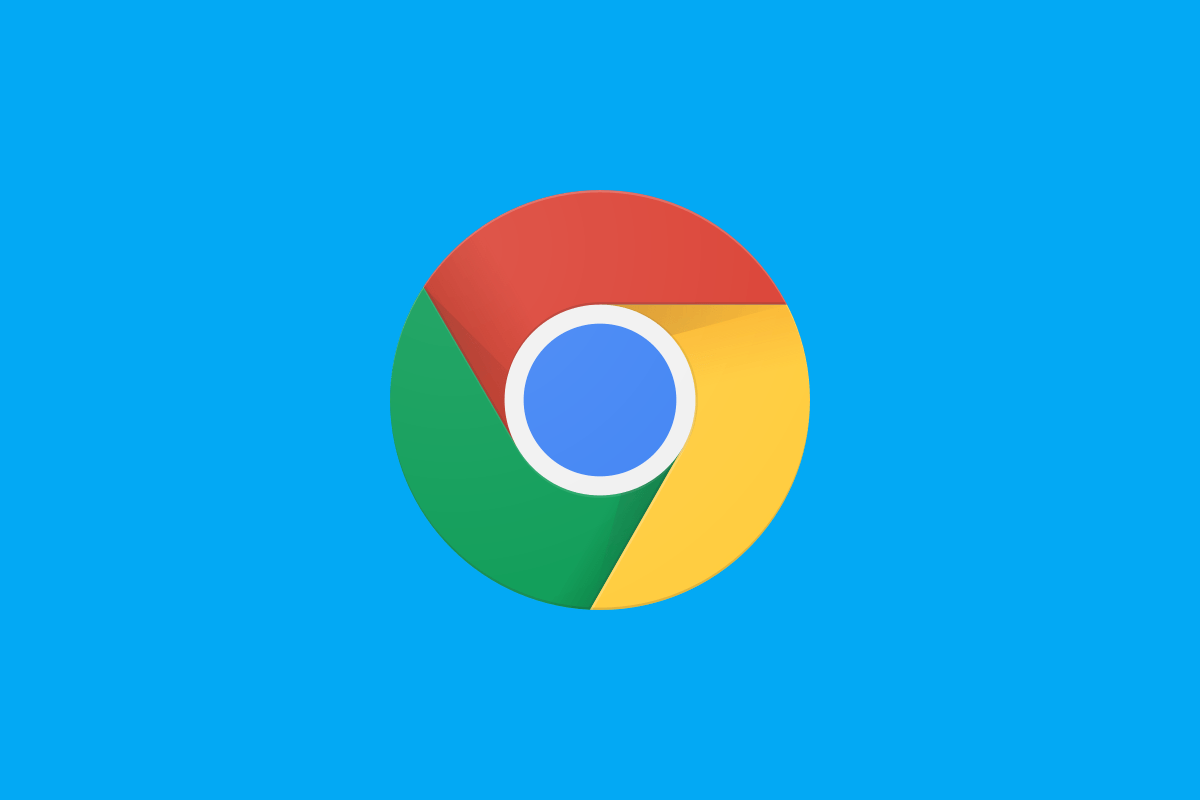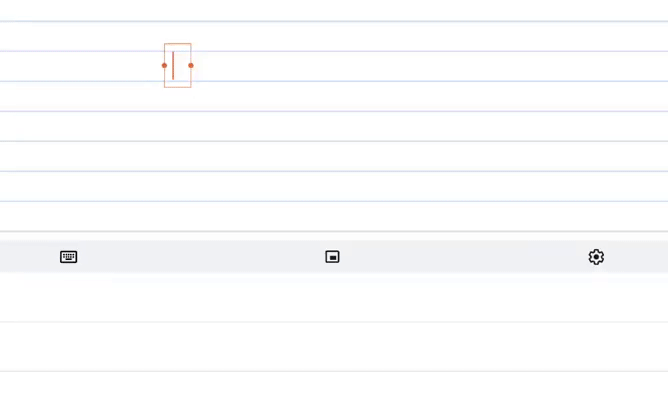At the beginning of this month, Google started rolling out Chrome OS 85 via stable channel to compatible devices. The update brought in a handy Wi-Fi Sync option, video recording pause/resume support in the Camera app, and many other improvements. However, as it turns out, the Mountain View giant has shipped an enhanced offline handwriting recognition module on some Chromebooks with this update, albeit the feature is not at all mentioned in the official changelog.
As reported by Android Police, the new AI-powered handwriting recognition component works completely offline. Unlike the previous cloud-based mechanism, the newer version of the module utilizes on-device machine learning with a much higher degree of precision. The handwriting pattern data is processed locally to compile a fairly accurate recognition model, which is capable of revising itself over time.
Under the hood, there is a new library named libhandingwriting.so, which is responsible for managing the whole offline machine learning aspect of the revamped handwriting recognition system in Chrome OS. The library can only be loaded if the ondevice_handwriting property is set inside the default makefile while compiling Chrome OS. As of now, Google is following a phased rollout with only a handful of devices initially containing the property in their respective Chrome OS 85 builds. It could be possible that the feature heavily depends on the neural processing capability of the processor, which is why the company is trying to limit the potential to select Chromebooks.
Here is the list of devices running Chrome OS that currently supports the AI-based local offline handwriting recognition:
- "eve": Google Pixelbook
- "sarien": Dell Latitude 5300 2-in-1, Latitude 5400
- "soraka": HP Chromebook x2
- "octopus": Several ASUS, Acer, HP, Lenovo, and Samsung Gemini Lake Chromebooks
- "nami": Acer Chromebook 13 / Spin 13, Dell Inspiron 14 2-in-1 Model 7486, Lenovo Chromebook C340-15, Lenovo Yoga Chromebook C630,
- "rammus": ASUS Chromebook Flip C434, ASUS Chromebook C425, ASUS Chromebook Flip C433TA
- "nautilus": Samsung Chromebook Plus (V2), Samsung Chromebook Plus LTE
- "hatch": ASUS Chromebook Flip C436FA, Acer Chromebook 712, Lenovo IdeaPad Flex 5i, Samsung Galaxy Chromebook
- "nocturne:" Google Pixel Slate


